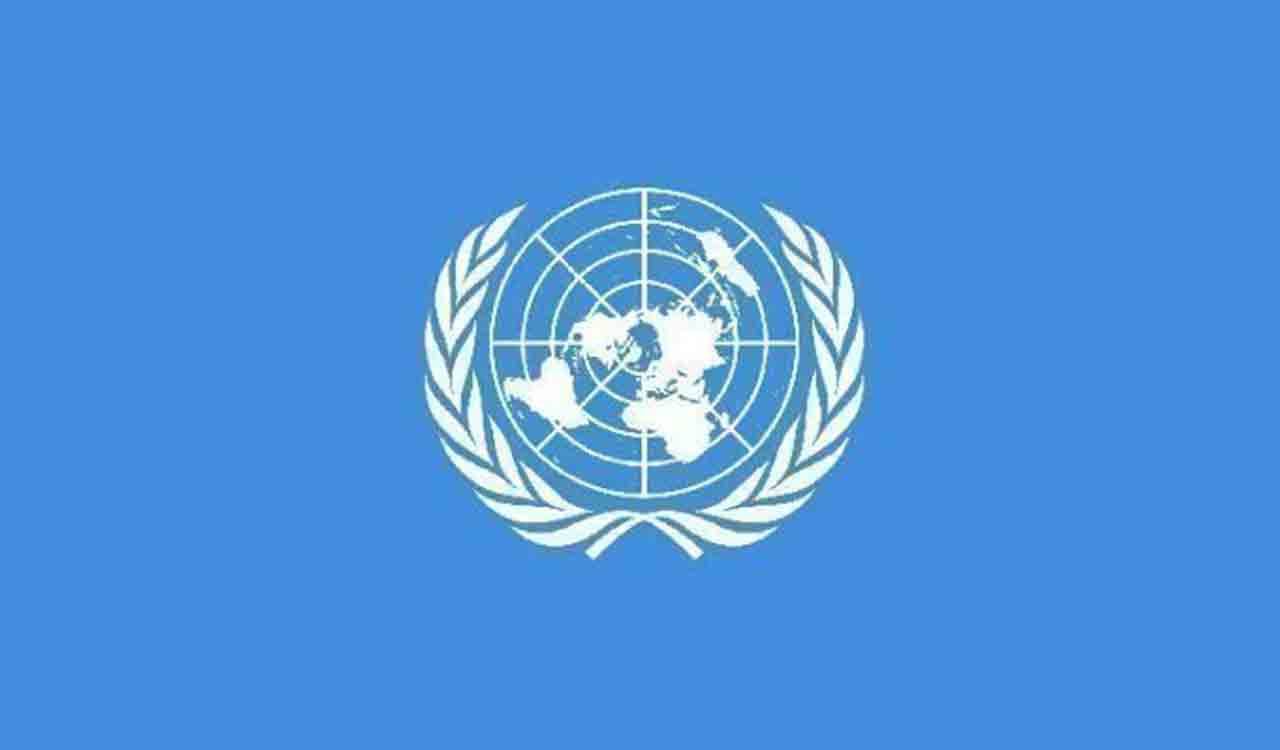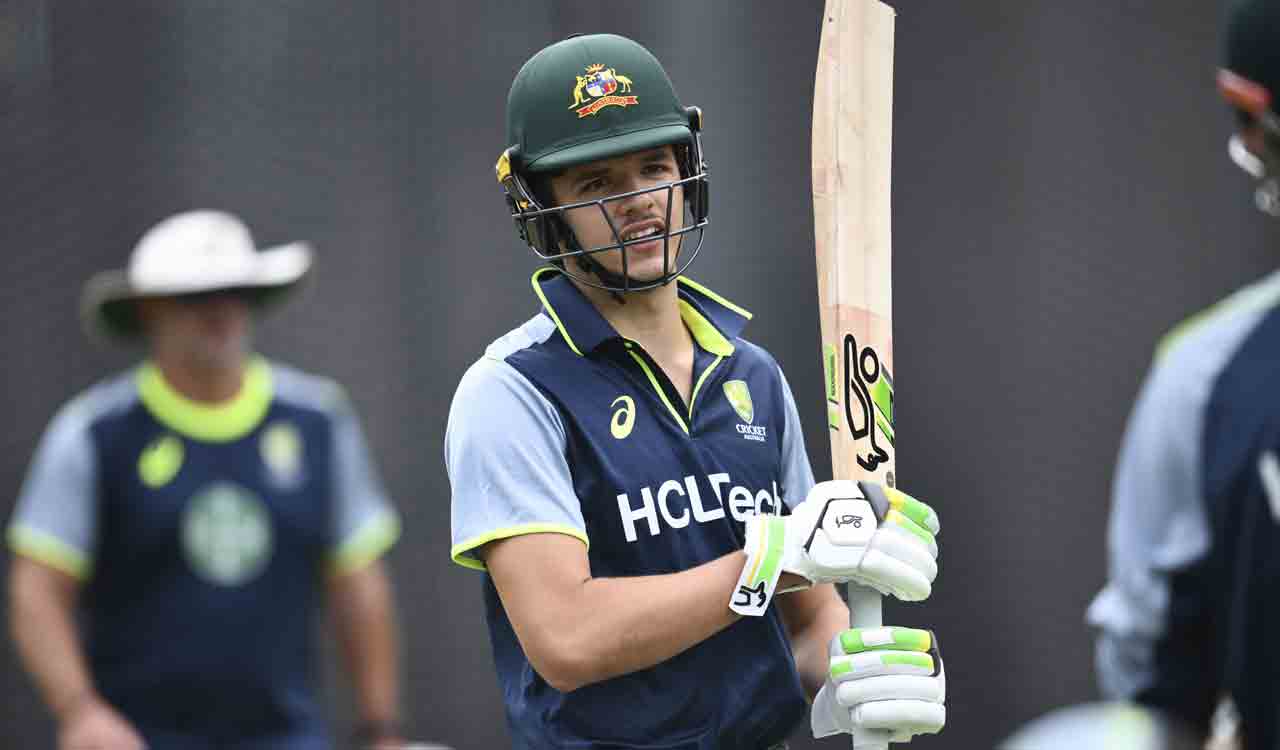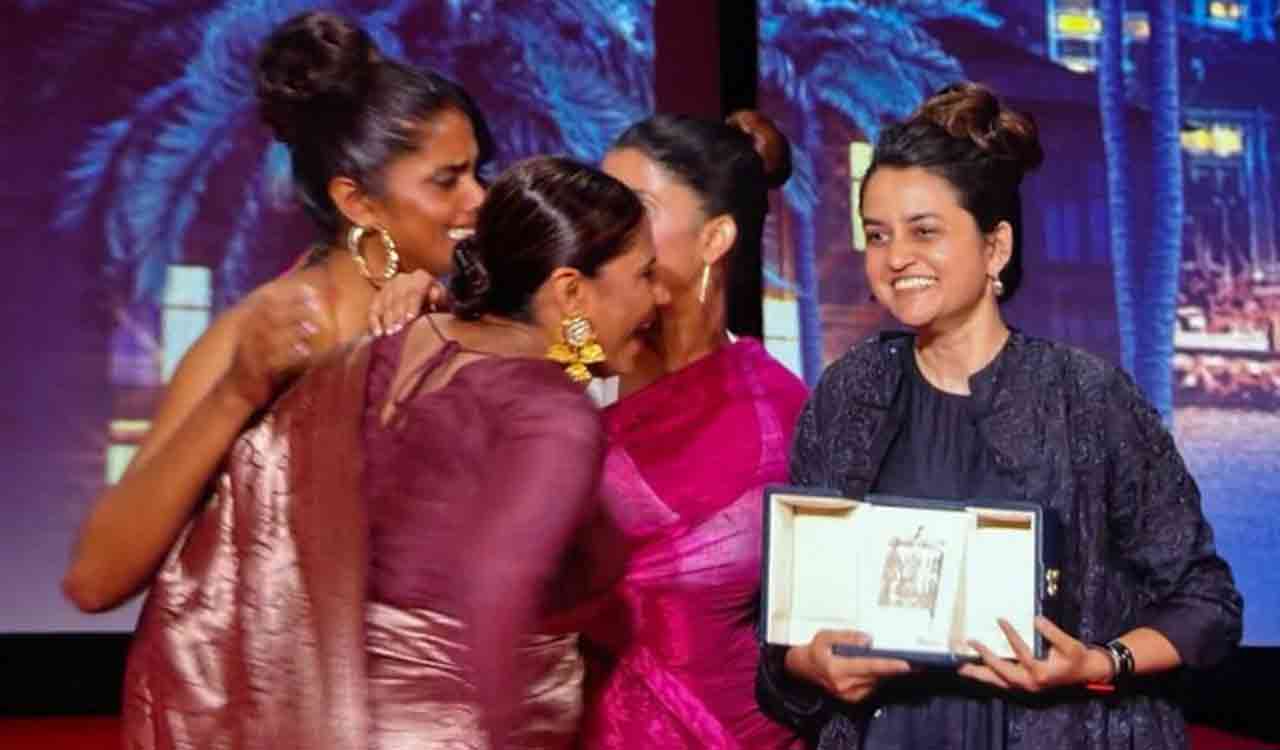Editorial: Reform the United Nations
Time is ripe for undertaking drastic reforms to make the UN more representative, inclusive, less bureaucratic

No institution worth its name can remain relevant if it fails to address the emerging realities. More so if it is a global institution established for the purpose of ensuring peace and order. If there is any global body that qualifies to be the least representative and anachronistic in the face of rapidly changing geopolitical realities, it is the United Nations. Time is ripe for undertaking drastic reforms to make the UN more representative, inclusive, less bureaucratic, more transparent, decentralised and accountable. India has once again made a strong pitch for reforming the UN Security Council by increasing permanent membership and addressing the under-representation of Asia, Africa and Latin America. While addressing a UN General Assembly session, India’s Permanent Representative to the UN, P Harish, rightly pointed out that though the urgent need for UNSC reform has been emphasised for decades, there has been no positive results in this regard since 1965, when the Council was last expanded in the non-permanent category alone. In the meantime, the United Kingdom has reaffirmed its support for India to be granted permanent membership in the UNSC to ‘better reflect the world of today’ and to ensure that the international panel will be able to meet the world’s most pressing concerns. Structural reforms, coupled with a collective, renewed commitment to the UN Charter, would help strengthen the Council so that it can continue to rise to the challenges the world is facing.
The reforms should focus on highlighting the concerns of the developing world and reflect the realities of the 21st century. Apart from the challenges on the diplomatic front, the global body now faces new challenges such as climate change, refugees and human rights issues. Contemporary global challenges cannot be addressed by an institution with an outmoded framework. India has been at the forefront of efforts calling for reform of the Security Council, including expansion in both its permanent and non-permanent categories, saying the 15-nation Council, founded in 1945, is not fit for the challenges of the 21st Century. A polarised Security Council has also failed to deal with current peace and security challenges with Council members sharply divided on conflicts such as the Ukraine war and the Israel-Hamas conflict. It is time the UN dispelled the public perception that it is still in the grip of Cold War-era paralysis. The UN’s ostrich mentality is summed up by the fact that the Security Council’s composition has been changed only once in several decades — back in 1965, the General Assembly expanded the Council from 11 to 15 members with the addition of four non-permanent seats. Making the UNSC more representative and inclusive will help in improving its efficiency and transparency. Being the largest democracy with growing influence across the regions and one of the fastest-growing economies, India has a strong case to be a permanent member of the UNSC.
Related News
-
Hyderabad auto driver foils attempt to kidnap young woman, five held
18 mins ago -
Haiti gang attack on journalists covering hospital reopening leaves 2 dead, several wounded
2 hours ago -
21 dead as Mozambique erupts in violence after election court ruling
2 hours ago -
Cartoon Today on December 25, 2024
9 hours ago -
Sandhya Theatre stampede case: Allu Arjun questioned for 3 hours by Chikkadpallly police
10 hours ago -
Telangana: TRSMA pitches for 15% school fee hike and Right to Fee Collection Act
10 hours ago -
Former Home Secretary Ajay Kumar Bhalla appointed Manipur Governor, Kerala Governor shifted to Bihar
10 hours ago -
Hyderabad: Organs of 74-year-old man donated as part of Jeevandan
10 hours ago




